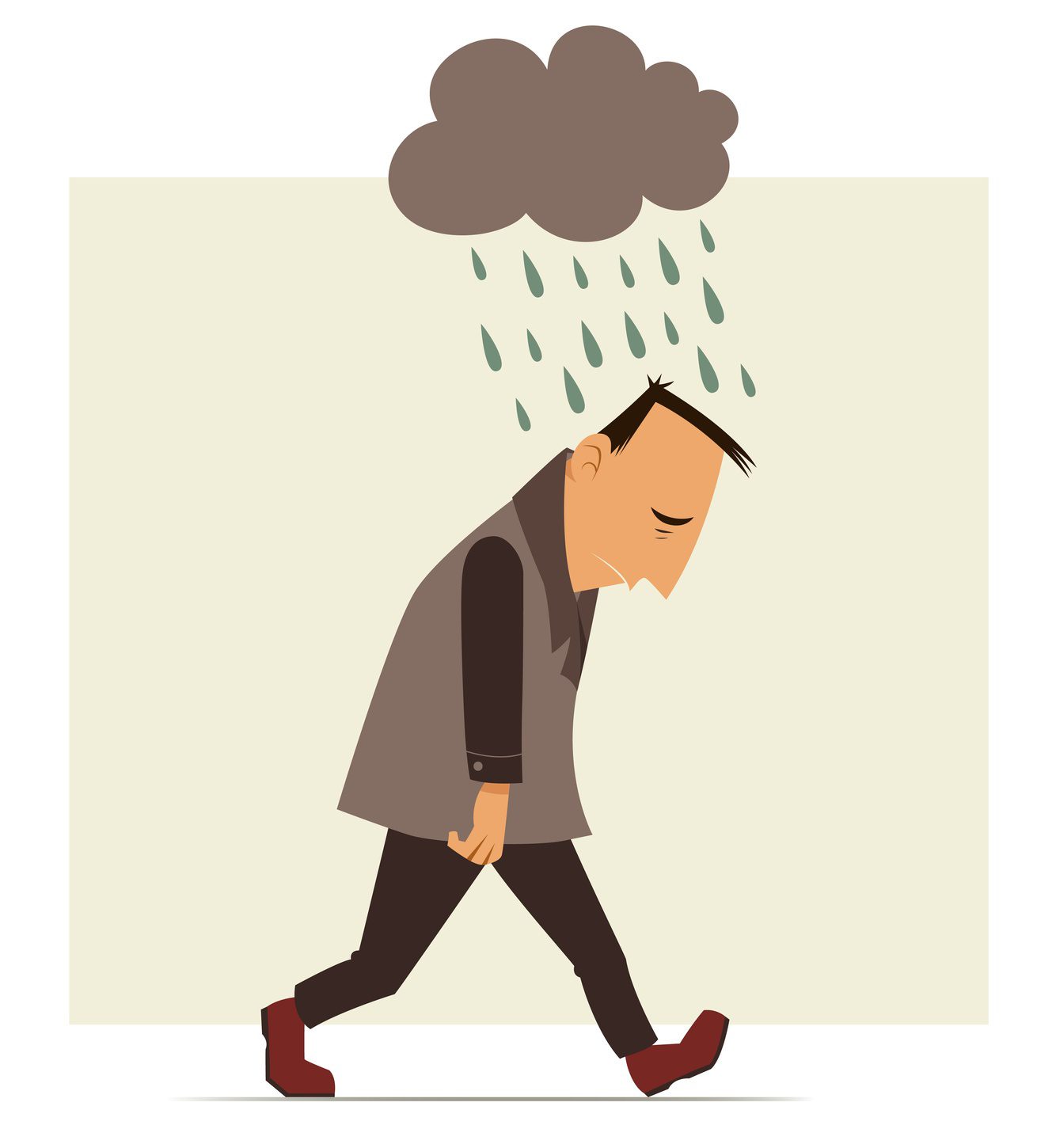
However, there are some steps using which we can control thinking about all the negative thoughts and focus more on the positive things of our life. What basically we need is some healthy dose of will power and a little bit of distraction.
1. Go shopping in your mind.
1. Go shopping in your mind.
Start visualizing yourself in the grocery store and picking up items you want. Picture yourself ordering items from one shelf in the store. Don’t go for food shopping, instead think about something else. You can try concentrating on books in the bookshelf, or ordering songs in a playlist or an album, for example. You don’t have to do it every day, maybe 30 seconds or a minute is enough. The key is to be disciplined about it and do at times when you feel negative thoughts coming across your mind. You can train your brain to take a different route every time such thoughts come up..
Comments